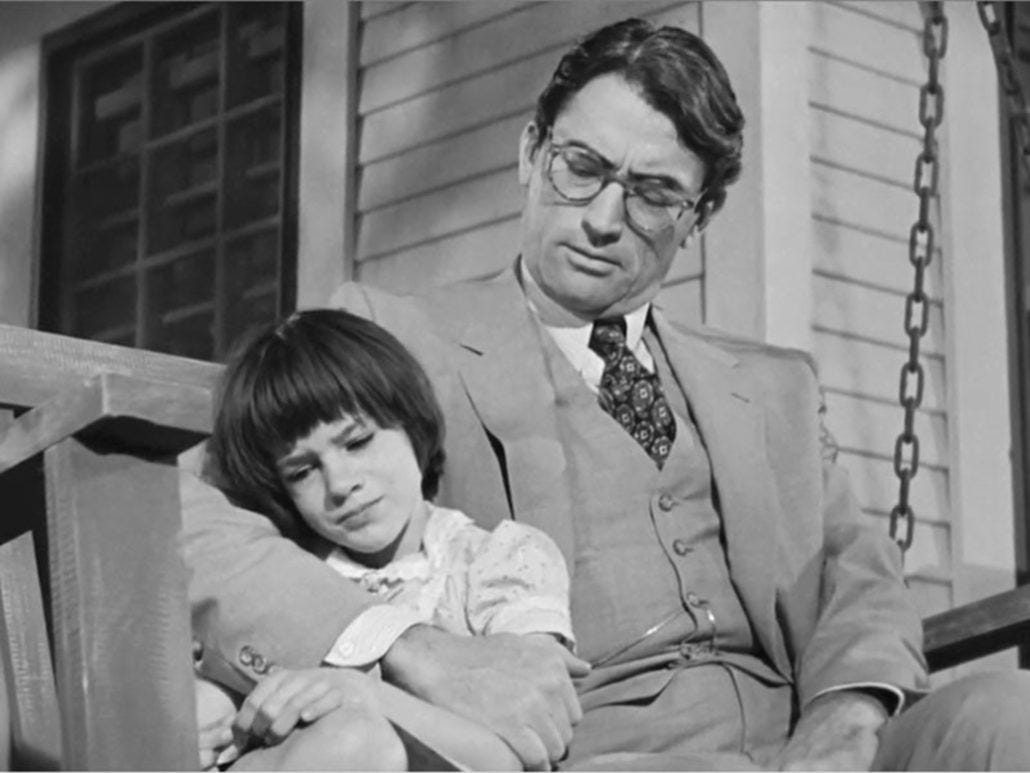The Biggest Problem in South Africa
South Africa is a fatherless nation.

As we try to patch together our economy and infrastructure, there is a far more basic fabric that lies in both serious disrepair and unconscionable neglect – the fabric of fatherhood, evolved over millennia of culture and religion which binds men and their offspring together.
Say what you want about the concept of fath…
Keep reading with a 7-day free trial
Subscribe to Chris Waldburger to keep reading this post and get 7 days of free access to the full post archives.


